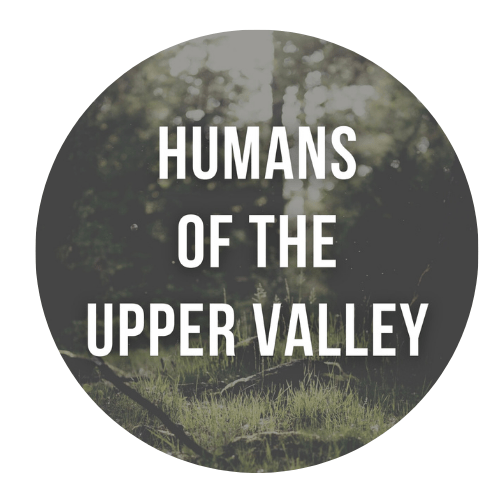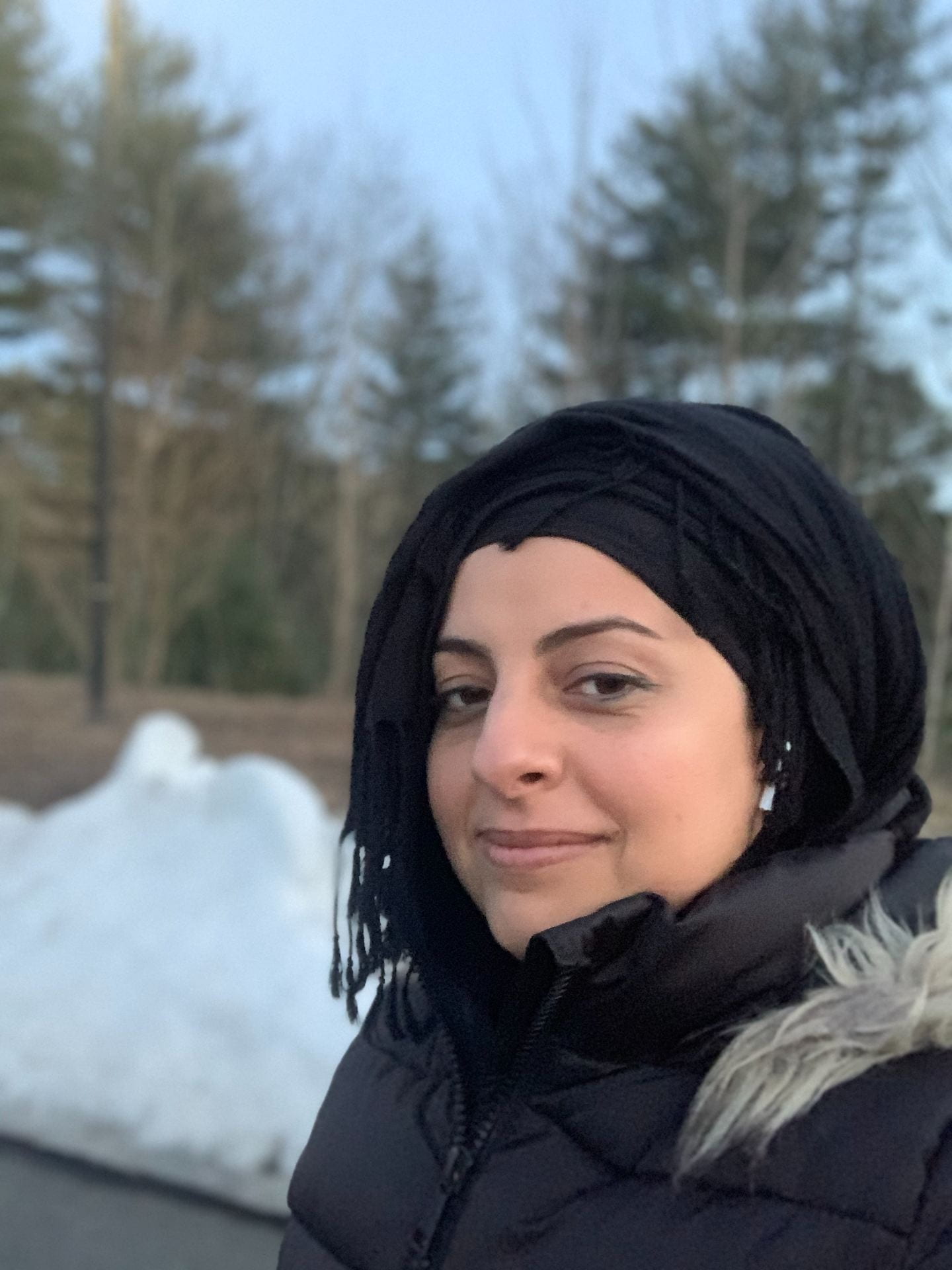“I came on asylum from Libya when I was two years old. It took me a long time to learn that silence would not get me in less trouble. For the most part my parents just wanted us to follow the rules and lay low. They thought that staying quiet was a way to protect us and our community. My parents also instilled a strong sense of faith. After 9/11, Muslims in the United States were targeted and surveilled, and I had no choice but to get out and speak to people about what was happening and who we really were. However, I had yet to organize other people to help end the Islamophobia that was happening.
Since I was a child, everywhere I have gone, people think: you’re not from here. I constantly deal with the hassle of being pulled aside in airports. When I vote, I must prove I am a citizen just because of the way I look. In public meetings, I get cut off when I speak, while other people do not. I could live here 20 years and still be treated like an outsider.
It took a low period in my life for me to begin to speak up and out against mistreatment. I began to find my voice in spaces with Black organizers. I watched their confidence in who they are. I watched them criticize what I was told I wasn’t allowed to criticize. They had all the messages that society was keeping from me, like that Black is beautiful and we need to organize for change. It was so amazing and liberating to me. So, I began to organize.
I do have to pick my battles. I focus on the institutional side of racism. People like to hear stories about when I am walking and somebody yells, “Go back home!” They are like, “Oh, how terrible.” But for me, the more terrible thing is how institutions carry out racism and injustice. It is the reason employers can pay poverty wages. It is the reason so many people cannot afford to go to a doctor. And it is also the reason people in prison are disproportionately from the Black community. So, I have dedicated my life to organizing against systems that harm all of us.
When I was first arrested for a social justice issue, my mother did not speak to me for close to a year. She thought that it was a shame on the family. My siblings convinced her to change her mind. They told her my challenge to the status quo was necessary to get our community to a better place. Now she is okay with the work that I do organizing and speaking for a more transformative society. She is still scared for me, reminding me to be careful and not go out alone, but she is proud.” –Asma Elhuni, Lebanon, NH




